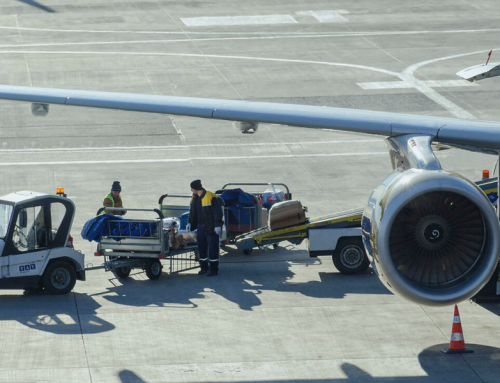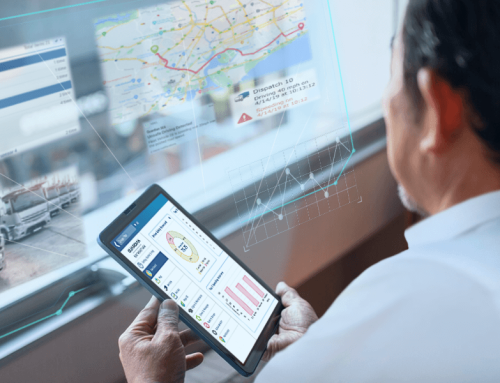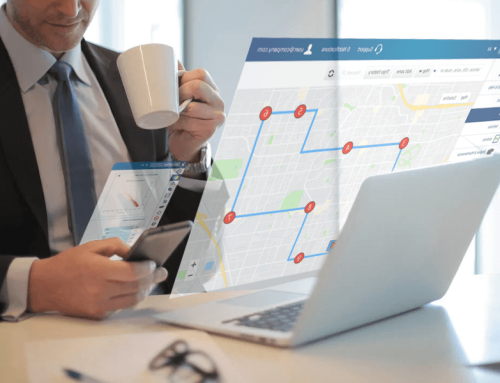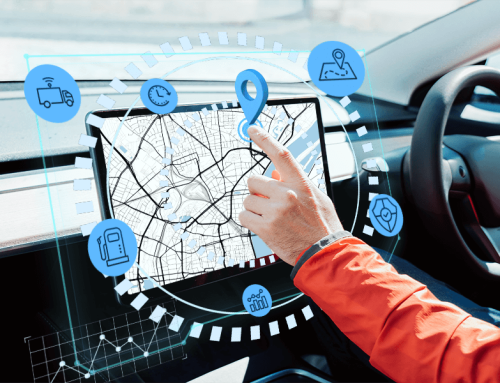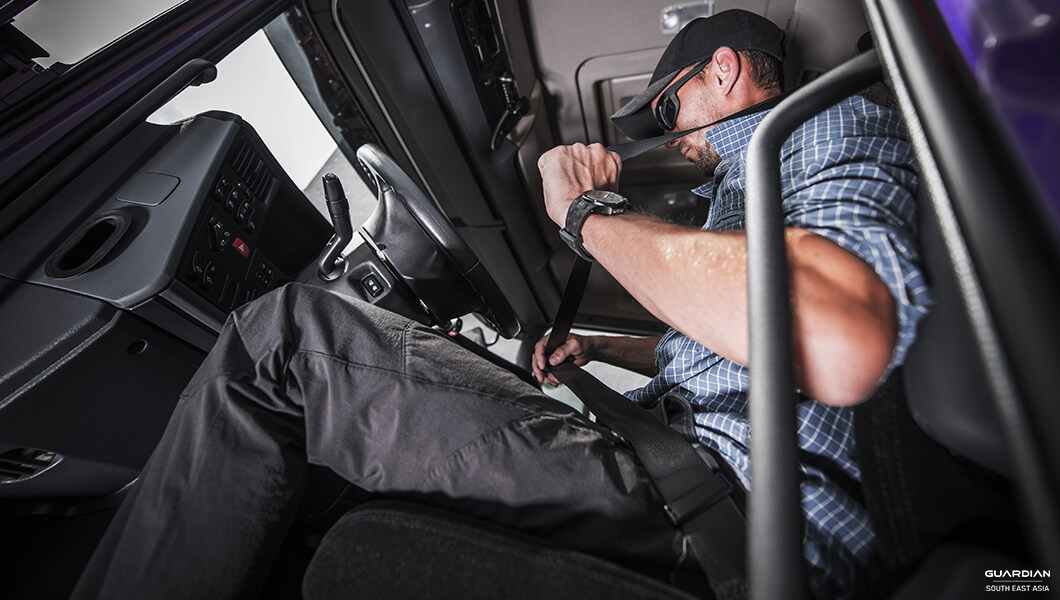
The importance of driver safety seems reasonably apparent. The person behind the wheel has a heavy responsibility for protecting the passengers, equipment, shipment, and any pedestrian on the streets. Driver safety might seem like a simple enough concept, but in truth, a person has several things and habits that are considered unsafe if you think about it. Bad driving habits such as speeding, accelerating aggressively, harsh cornering, and getting distracted can affect driver safety. There are several different ways that an organization can do to improve driver safety, such as adopting an effective fleet management system. An effective fleet manager can leverage the tools provided by Guardian SEA to enhance driver safety and keep your fleet and drivers safe from harm.
Factors That Affect Driver Safety
1. Speeding

Drivers will more than likely engage in this behaviour to meet delivery schedules or get home faster, whether consciously or unconsciously. This behaviour is unacceptable as this poses a considerable risk not just to the driver and equipment but can also put people and other vehicles at risk. It is far more important to get home safely than to take risks by speeding. Drivers might think that they have enough experience behind the wheel to risk engaging in this type of behaviour. Giving drivers proper training and building a culture of safety is essential. However, there are additional ways that a fleet manager can do to ensure compliance. One of the tools that Guardian SEA can provide a fleet manager is how it tracks the speed profile of a vehicle. Guardian SEA sends alerts to a fleet manager when it detects speeding drivers. Reports are available to give an overview of how many times a driver breaks this rule. Guardian SEA can make monitoring easy and help fleet managers keep drivers driving safely.
2. Seatbelt Use
Observing proper safety practices such as seatbelt use is vital in keeping drivers safe from harm in case of unforeseen and unavoidable accidents. Guardian SEA fleet management solutions allow fleet managers to detect instances of non-compliance and help mitigate the risk. Driver scorecard reports are available, are easy to use, and can be modified entirely depending on what you choose to focus on improving.
3. Distracted Driving

Distracted driving is one of the leading causes of accidents. Several different statistics worldwide reflect this. Several other factors can cause a driver to take his eyes off the road, such as talking on the phone, texting, responding to a passenger, and many auditory and visual distractions. An effective way of mitigating risk and reducing instances of distracted driving events is through telematics. Guardian SEA’s driver monitoring system detects instances of distracted driving through its advanced in-cabin AI technology that monitors the driver’s eye and head movement. Once an event is detected, the system alerts the driver through audio and haptic alerts. Guardian SEA’s approach has proven to reduce distracted driving events by up to 90%. Reports also allow a fleet manager to better track which drivers need improvement.
4. Adverse Weather
Adverse weather presents challenges that can negatively impact driver safety. Heavy rains can affect the driver by reducing road visibility. Heavy winds can also cause the road to have hard to detect debris. Adopting advanced collision technology from Guardian SEA can help drivers avoid potential accidents by sending alerts of an impending collision and giving the driver the necessary time to react. Guardian SEA’s technology monitors the road and covers for blindspots so drivers can drive with confidence and fleet managers can feel secure.
Keeping Drivers Safe Benefits Everyone
Keeping your fleet drivers safe and on point benefits everyone. Driver safety is an ongoing process, and as such, it is essential for fleet managers to always keep an eye on how the drivers perform on the road. Guardian SEA fleet management solution has the essential tools to make monitoring easy for fleet managers and keep drivers safe.
